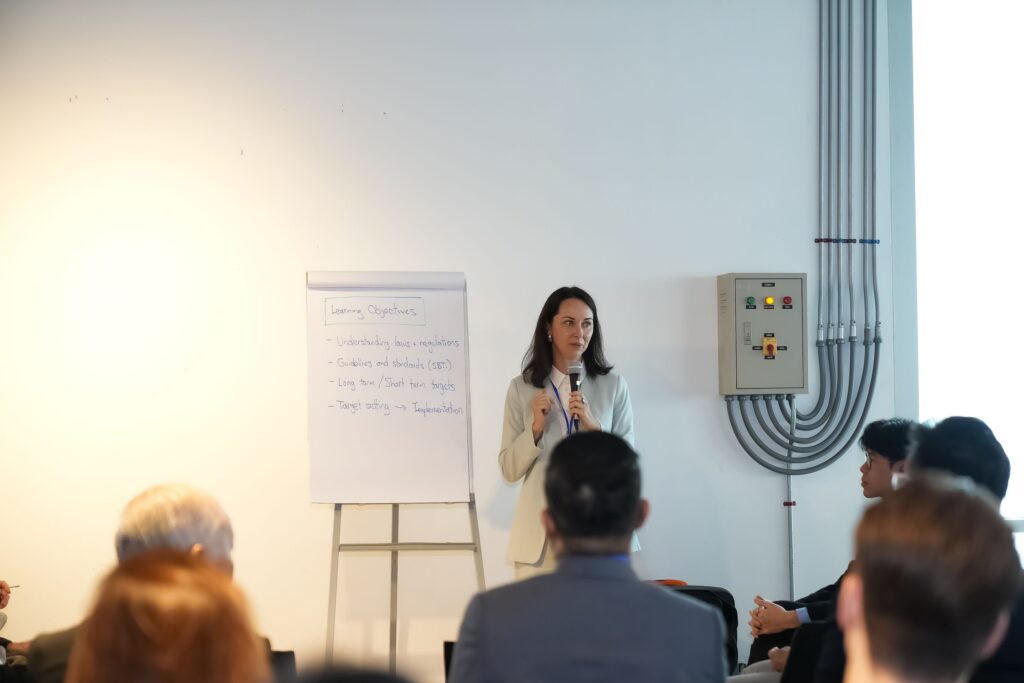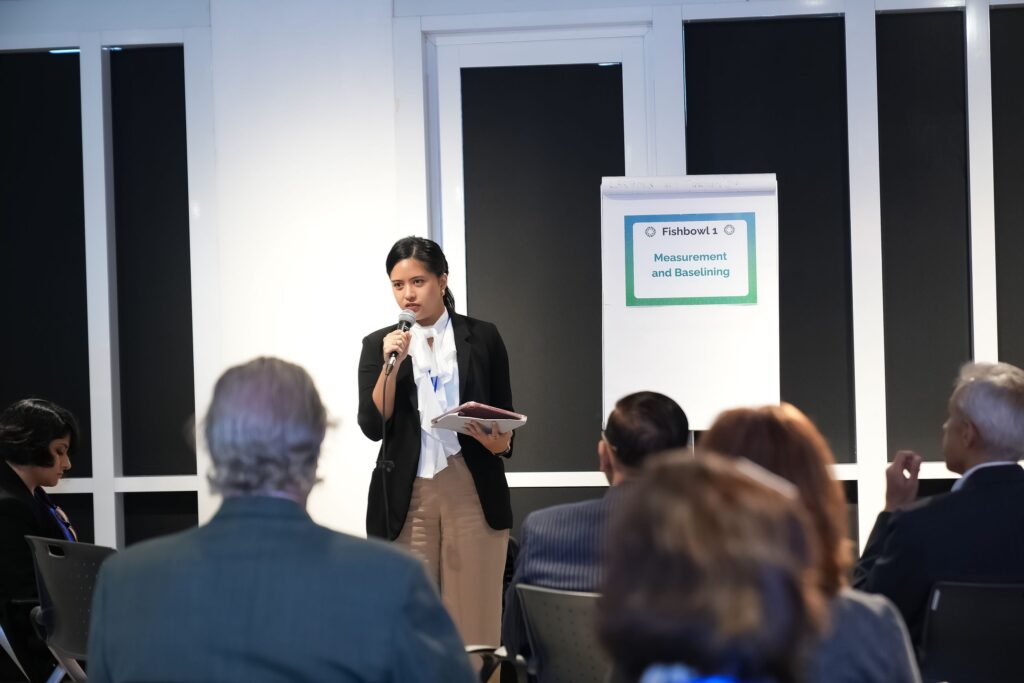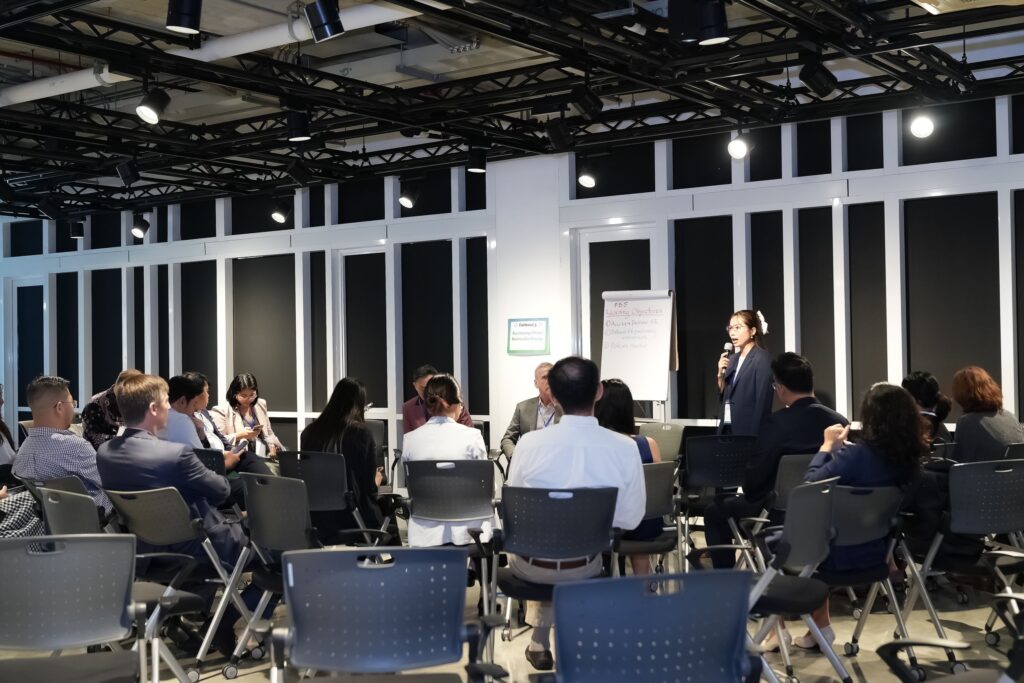
Decarbonization in Southeast Asia: Emerging Policies and Business Signals from the Philippines, Thailand, and Singapore
As Southeast Asia faces rising climate risks, countries like the Philippines, Thailand, and Singapore are developing diverse but converging strategies to cut emissions. This policy brief explores the region’s evolving regulatory landscape, carbon pricing developments, and renewable energy ambitions and spotlights what they mean for businesses, especially SMEs. From energy transition roadmaps to green finance and market-based tools, it offers clear takeaways to help companies stay compliant, competitive, and climate-ready.






![[CDx 2024] Decarbonization and Corporate Priorities Why One Size Doesn't Fit All](https://www.seasia-cdx.com/wp-content/uploads/2025/06/CDx-2024-Decarbonization-and-Corporate-Priorities_-Why-One-Size-Doesnt-Fit-All-1024x683.jpg)